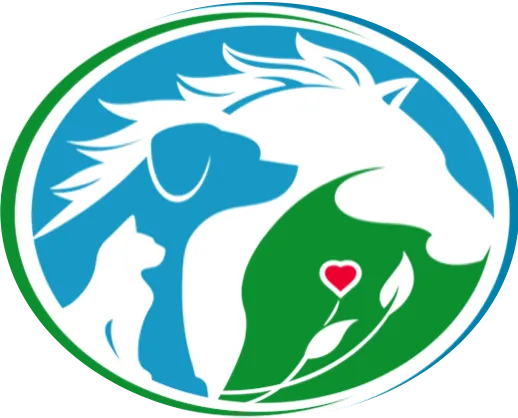Cats, Dogs, Horses, Small Pets, Birds, Poultry & Reptile
(How to Use with Fish is below)
read our poultry testimonials & articles for
Flock Well-being Success
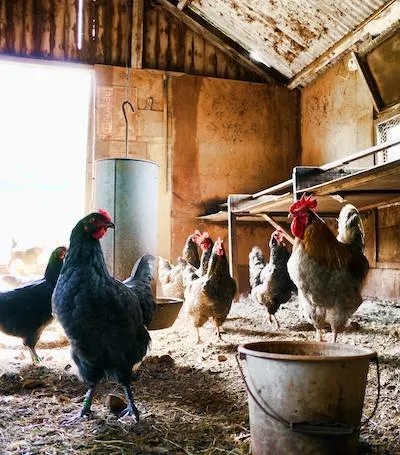
10 Signs Your Chickens are Stressed-A Basic Guide
10 Signs Your Chickens are Stressed
Understanding the signs of stress in chickens is essential for maintaining their health and well-being. As poultry keepers, it's crucial to be attentive to the needs of our feathered friends and recognize when they may be experiencing discomfort or anxiety. In this comprehensive guide, we'll delve into the various indicators that may suggest your chickens are under stress, allowing you to take appropriate action and ensure the overall welfare of your flock.
Changes in Behavior
Stressed chickens often exhibit alterations in behavior that may be indicative of underlying stressors. These changes can include increased agitation, restlessness, or aggression towards other flock members. Additionally, stressed chickens may become withdrawn or exhibit signs of depression, such as reduced activity levels or reluctance to leave the coop.
Reduced Egg Production
Stress can have a significant impact on egg production in chickens, leading to a decrease in the number of eggs laid or changes in egg quality. Monitoring your flock's egg production and keeping track of any sudden declines can help identify potential stressors within the environment.
Feather Loss or Damage
Feather loss or damage is a common sign of stress in chickens and is often a result of excessive preening or feather picking. Stressed birds may develop bald patches or exhibit damaged plumage, which can be visually indicative of their emotional state.
Respiratory Issues
Stress weakens the immune system, making chickens more susceptible to respiratory infections. Watch out for symptoms such as coughing, sneezing, nasal discharge, or labored breathing, as these may indicate underlying stress or illness.
Changes in Drinking and Eating Habits
Stressed chickens may exhibit changes in their eating or drinking habits, such as a reduced appetite or increased water consumption. Monitoring your flock's food and water intake for any sudden alterations can provide valuable insights into their emotional well-being.
Vocalizations
Chickens may vocalize differently when experiencing stress. Pay attention to any unusual clucking, squawking, or other vocalizations that may indicate distress.
Restlessness
Stressed chickens may exhibit restlessness, pacing, or an inability to settle down. They may constantly move around the coop or exhibit frantic behavior.
Signs of Temperature Stress
Signs of temperature stress in chickens can vary depending on whether the birds are experiencing heat stress or cold stress. Recognizing these signs is crucial for poultry keepers to take appropriate action and ensure the comfort and well-being of their flock.
Heat Stress:
Panting: One of the most common signs of heat stress in chickens is panting. When temperatures rise, chickens may open their beaks and breathe rapidly in an attempt to cool down.
Wings Spread: Heat-stressed chickens may spread their wings away from their bodies to increase airflow and dissipate heat.
Lethargy: Chickens experiencing heat stress may become lethargic and less active than usual. They may spend more time lying down or seeking shade.
Reduced Egg Production: High temperatures can also impact egg production in chickens, leading to a decrease in the number of eggs laid or changes in egg quality.
Cold Stress:
Puffed Feathers: When chickens are cold, they may fluff up their feathers to trap warm air close to their bodies and maintain body heat.
Shivering: Shivering is a common sign of cold stress in chickens. It's their way of generating body heat to stay warm.
Reduced Activity: Chickens may exhibit reduced activity levels when they're cold, preferring to huddle together for warmth rather than venturing out.
Decreased Egg Production: Cold temperatures can also impact egg production in chickens, leading to a decrease in egg production or changes in egg quality.
Decreased Social Interactions
Chickens are social animals and typically engage in a variety of social interactions within the flock. However, stressed chickens may withdraw from social interactions, isolating themselves from other flock members.
Cannibalism
Cannibalism in chickens, while distressing, is unfortunately not uncommon, especially in situations where birds are experiencing stress. This behavior involves chickens pecking at and injuring other flock members, often resulting in severe injuries or even death. Stress can exacerbate cannibalistic tendencies among chickens, leading to increased aggression and a higher likelihood of harmful behavior within the flock.
There are several reasons why stress can trigger cannibalism in chickens:
Overcrowding:
When chickens are overcrowded in a coop or run, they may become stressed due to limited space and resources. This can lead to increased competition for food, water, and nesting areas, which can escalate into aggressive behavior, including cannibalism.Environmental Stressors:
Environmental factors such as high temperatures, poor ventilation, or exposure to predators can also contribute to stress in chickens. These stressors can disrupt the natural hierarchy within the flock and increase tension among birds, leading to cannibalistic behavior.Dietary Imbalances:
Nutritional deficiencies or imbalances in the chickens' diet can lead to stress and abnormal behavior, including cannibalism. Poor-quality feed or insufficient access to essential nutrients can exacerbate aggressive tendencies within the flock.Social Hierarchy:
Changes in the social hierarchy within the flock, such as the introduction of new birds or the loss of a dominant member, can disrupt the pecking order and lead to increased aggression among chickens. This can manifest as cannibalism as birds vie for dominance within the group.
Conclusion:
Recognizing signs of stress in chickens is essential for addressing potential issues and ensuring the overall welfare of your flock.
By understanding these indicators, you can take appropriate steps to alleviate stress and promote a healthy environment for your feathered friends.
A Trained Animal Communicator Connects with Your Pet
With every order, a trained animal communicator connects with your pet to choose the right blend of flower essences
(e.g. Bach Flower Essences) for calming their anxiety. Custom blended flower essences are natural pet calming products.
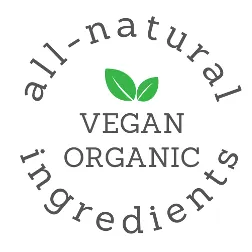


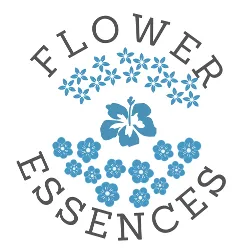
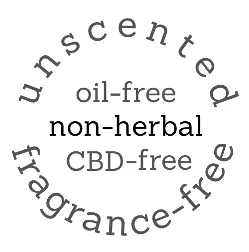
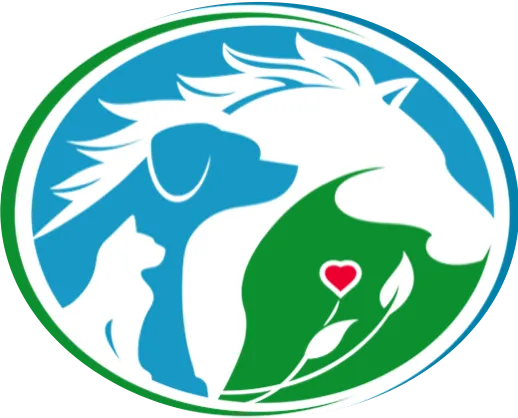
Calm Animal Solutions
Calm Animal Solutions offers customized, natural remedies for dog anxiety, and are calming for cats. Plus, we create blends for horses, small animal pets, birds, poultry, reptiles, and fish.
©2024, Catherine Winfree. All rights reserved.
Mandatory FDA Notice: The statements made regarding Calm Animal Solutions have not been evaluated by the Food and Drug Administration. These products are not intended to diagnose, treat, cure, or prevent any animal disease. Although the ingredients in Calm Animal Solutions are generally regarded as safe, you are encouraged to consult your veterinary before using any essence product (such as Bach Flower Essences, for example).
A Trained Animal Communicator Connects with Your Pet
With every order, a trained animal communicator connects with your pet to choose the right blend of flower essences (e.g. Bach Flower Essences) for calming their anxiety. Custom blended flower essences are natural pet calming products.





Mandatory FDA Notice: The statements made regarding Calm Animal Solutions have not been evaluated by the Food and Drug Administration. These products are not intended to diagnose, treat, cure, or prevent any animal disease. Although the ingredients in Calm Animal Solutions are generally regarded as safe, you are encouraged to consult your veterinary before using any essence product.

Home | Contact | Terms | Privacy Policy | About Catherine
©2024, Catherine Winfree. All rights reserved.
